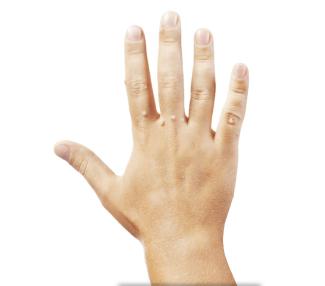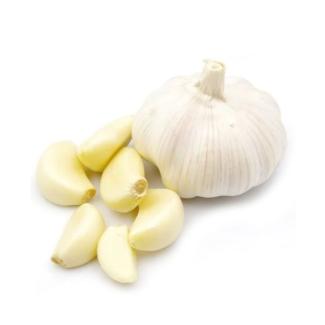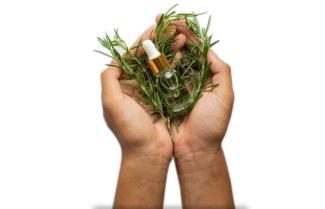
Removing a wart naturally is possible, but it may take time and patience. Here are some home remedies and natural methods you can try:
- Apple Cider Vinegar: Soak a cotton ball in apple cider vinegar and apply it to the wart. Cover it with a bandage and leave it on overnight. Repeat this process for several days until the wart softens and falls off.
- Salicylic Acid: Over-the-counter salicylic acid products are available in various forms like gels, pads, and plasters. Follow the package instructions for usage.
- Duct Tape: Cover the wart with a piece of duct tape for about 6 days. Then, remove the tape, soak the wart in warm water, and gently rub it with an emery board or pumice stone to remove the dead skin. Repeat this process until the wart is gone.
- Garlic: Crush a garlic clove and apply it to the wart. Cover it with a bandage and leave it on overnight. Repeat this process daily.
- Banana Peel: Place a small piece of banana peel over the wart, and secure it with a bandage. Replace the peel daily.
- Tea Tree Oil: Apply a drop of tea tree oil to the wart and cover it with a bandage. Repeat this process daily.
- Castor Oil: Mix castor oil and baking soda into a paste, apply it to the wart, and cover it with a bandage. Repeat this daily.
- Aloe Vera: Apply the gel from an aloe vera plant directly to the wart and cover it with a bandage. Repeat this process daily.
- Vitamin C: Crush a vitamin C tablet and mix it with a few drops of water to create a paste. Apply this paste to the wart and cover it with a bandage.
- Onion: Cut a slice of onion, place it over the wart, and secure it with a bandage. Leave it on overnight and repeat.
- Baking Soda and Castor Oil: Make a paste by mixing baking soda and castor oil. Apply it to the wart, cover it with a bandage, and repeat daily.
It's important to note that not all warts will respond to these natural remedies, and results may vary from person to person. If your wart doesn't go away or becomes painful, it's advisable to consult a healthcare professional. They can recommend other treatments such as cryotherapy, laser therapy, or surgical removal if necessary. Also, be cautious when using these remedies and stop if you experience any adverse reactions or discomfort.






